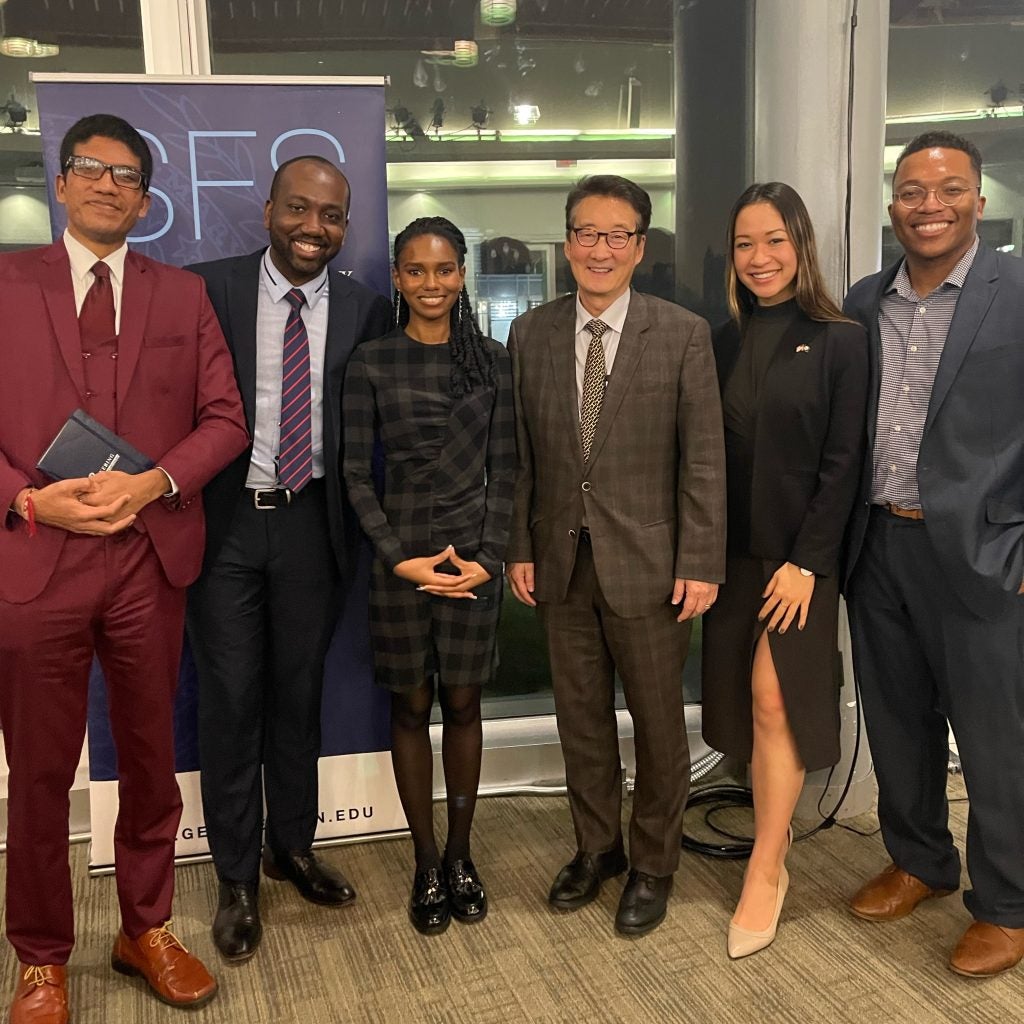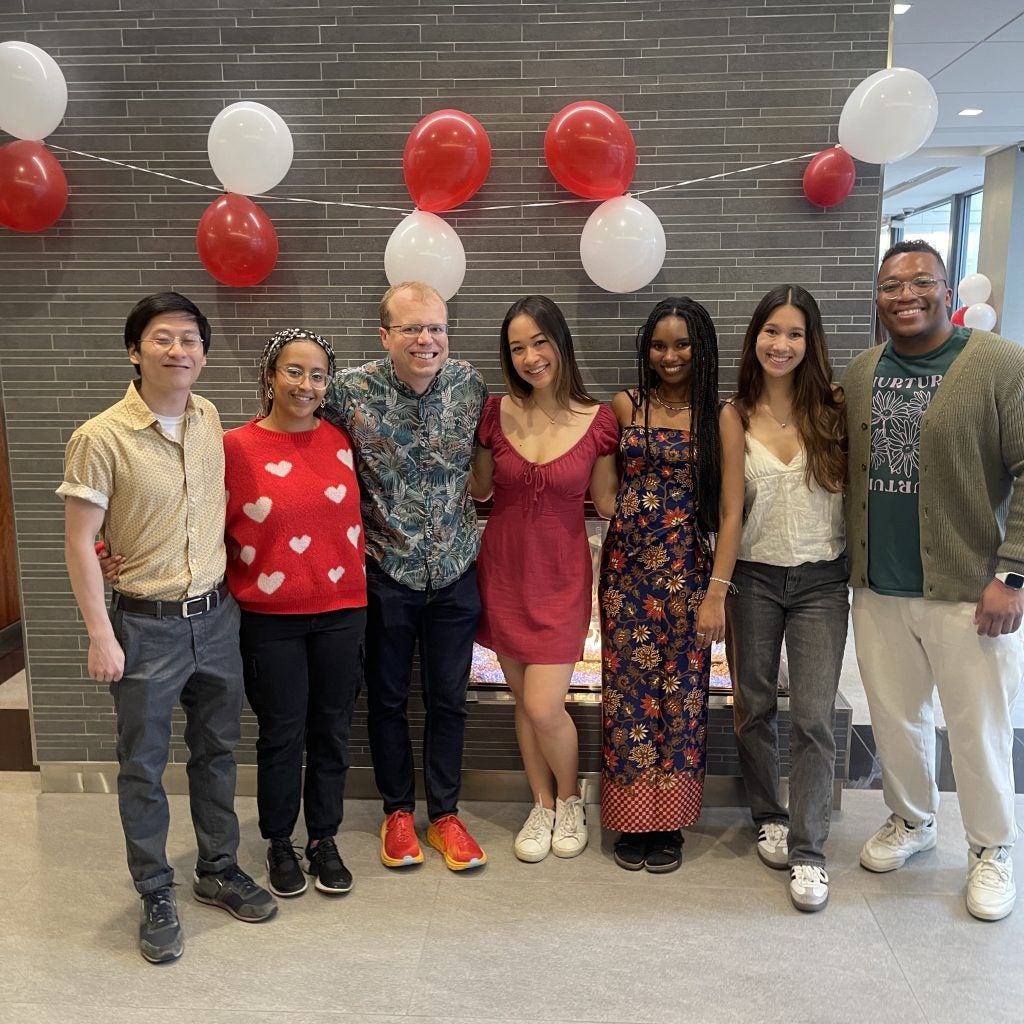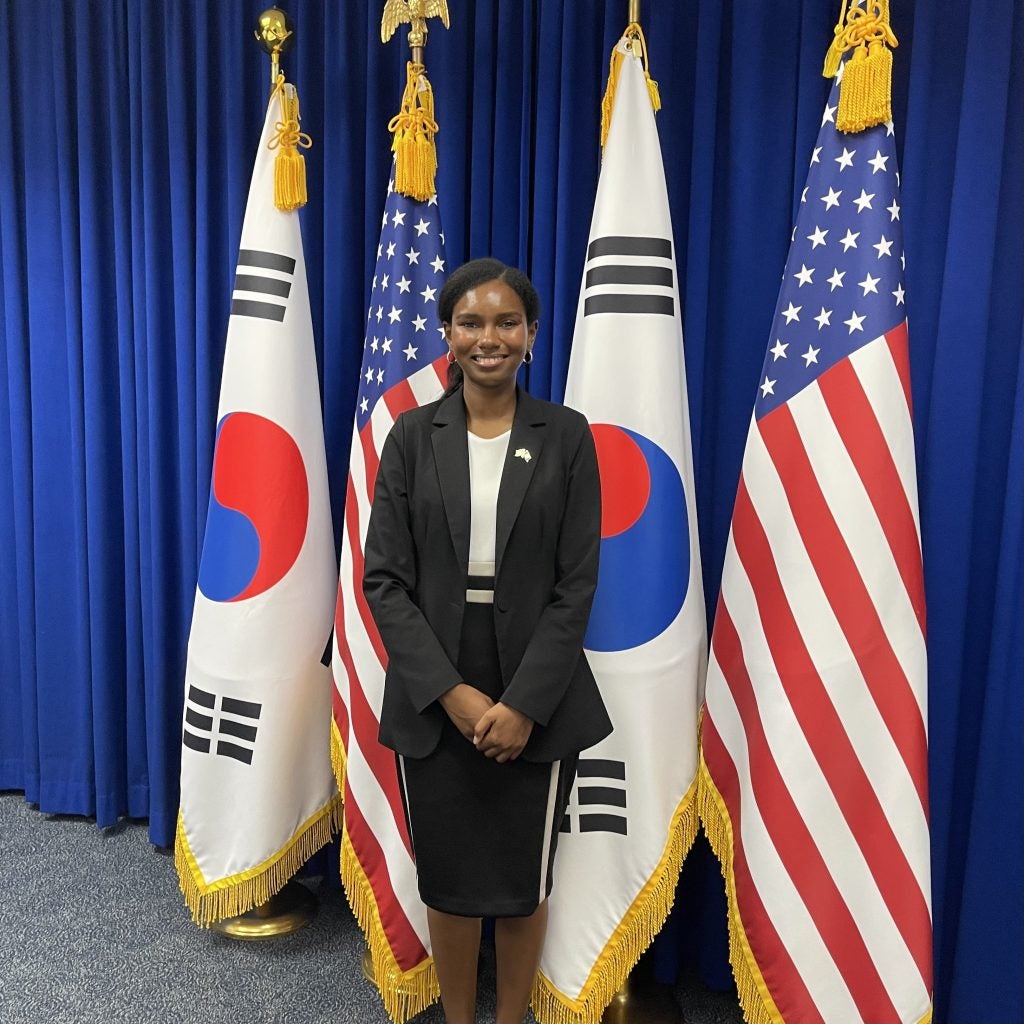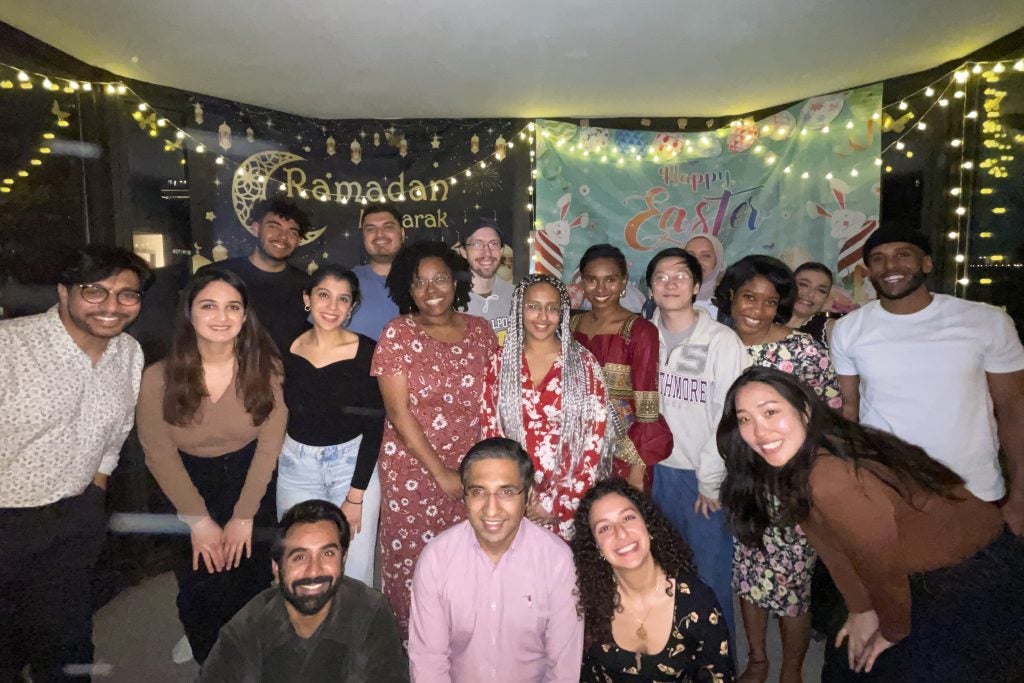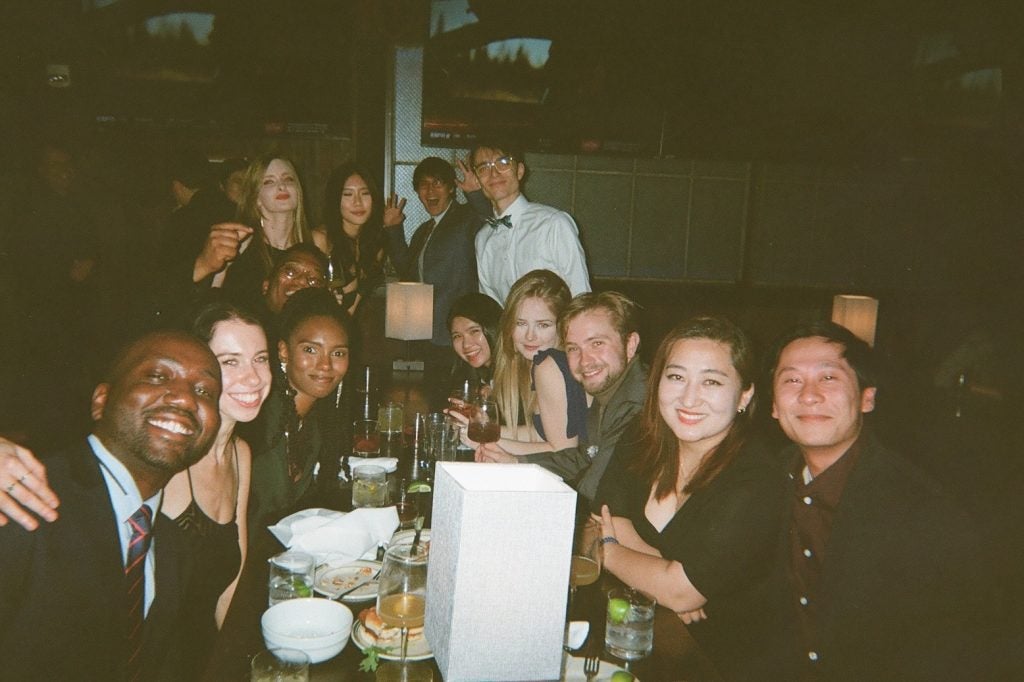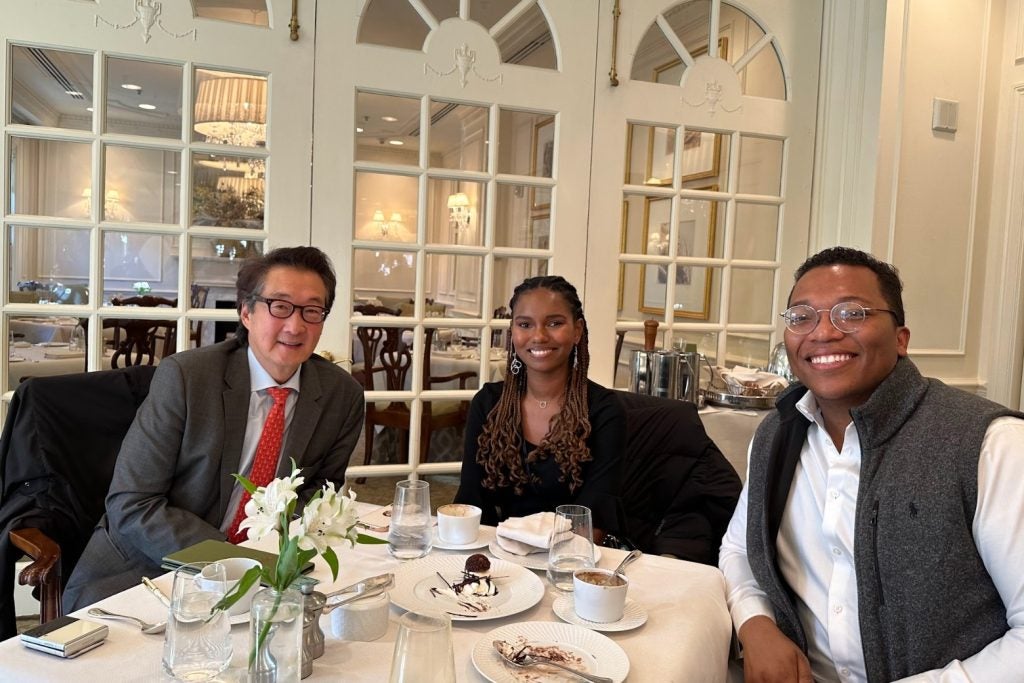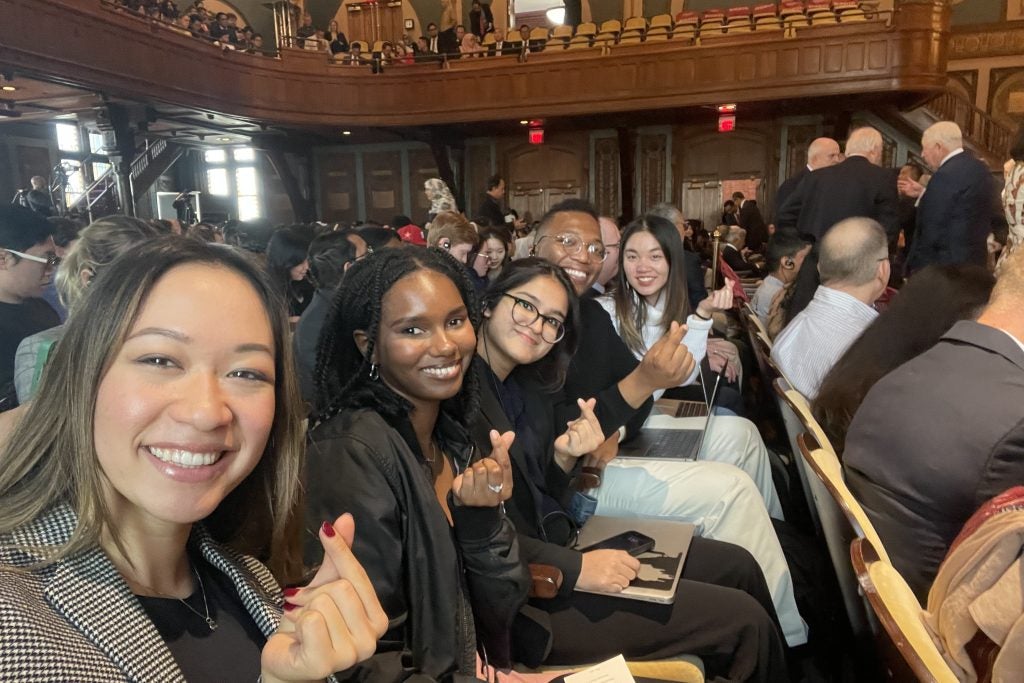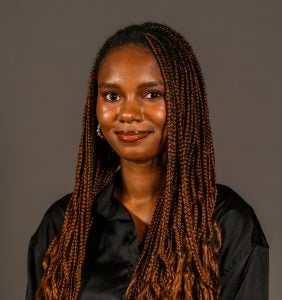
Graduating this spring with a Master of Arts in Asian Studies, Salamata Bah (MASIA’24) has explored and expanded her academic and professional vision far beyond what she expected when she came to the Hilltop. Finding community among her program cohort, faculty mentors, and off-campus experiences has allowed Bah to grow her understanding of Asia and prepare for life after graduation.
“Georgetown was the only place that could provide me with the academic and professional experience I was looking for. I knew that I wanted to develop a deeper understanding of Asia and advance my language skills, but I also wanted opportunities to apply that expertise and knowledge through various hands-on experiences. At Georgetown, there are so many opportunities to do both of these things. I do not think that I could’ve had the journey that I’ve had at any other institution,” Bah says.
Finding Fulfillment and Opportunities on Campus
Through MASIA, Bah found peers who were as driven as she was about foreign policy and Asian studies. In such a diverse cohort, Bah felt heard and supported by her peers. “I value how hardworking, knowledgeable, passionate, collaborative, and supportive my colleagues in MASIA have been,” Bah says. “I learn from them everyday and have gotten to know my peers one-on-one throughout these two years. I am blown away by how amazing they are. I am really excited for what they will contribute to the world as they each embark on their future careers.”
During her time on the Hilltop, Bah found fulfillment through courses, special events, and forging relationships with faculty mentors.
A highlight of Bah’s academic journey was her involvement in Dr. Victor Cha’s book talk for his seminal work, “Korea: A New History of South and North Korea.” Bah co-moderated the discussion along with another MASIA graduate student. The event provided Bah with a platform to apply her expertise on Korea, engaging in stimulating discussions that spanned various facets of Korean history, politics, and society. Witnessing the enthusiastic participation of the diverse audience at the event reaffirmed Bah’s belief in the growing interest in Korean affairs and its relevance to broader geopolitical discourse. “The book talk really spoke to the increasing interest by the general public in Korea and I was excited to be a part of something that advanced greater understanding of Korea and its relevance to U.S. foreign policy and interests.”
